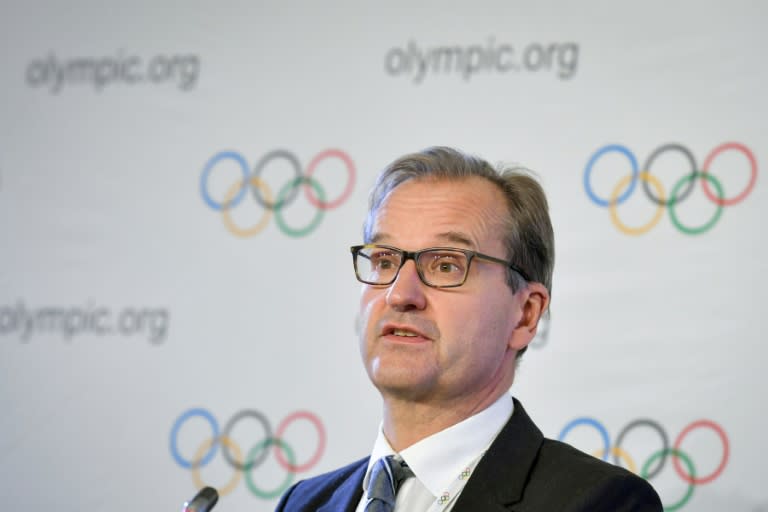Analysts praise 'brave' IOC over Russia ban
Analysts praised the International Olympic Committee on Wednesday for being "brave" and "strong" in banning Russia from the 2018 Winter Games in South Korea. Although Russian athletes will be allowed to compete in Pyeongchang under the Olympic flag, and under strict conditions, the move to exclude a country over doping by the IOC on Tuesday was unprecedented. Jean-Loup Chappelet, an Olympic specialist from the University of Lausanne, said the IOC's decision was "strong because it rested on its credibility regarding the subject of doping and sent the ball into Russia's court". Another Olympics expert from the University of France-Comte, Eric Monnin, said the IOC was "playing for its life and legitimacy" during the sordid state-sponsored doping affair, in which the global body also banned Russian Deputy Prime Minister Vitaly Mutko from the Olympics for life. Mutko was the Russian Sports Minister during the 2014 Winter Olympics in Sochi, Russia, in which the hosts were accused of manipulating doping samples to cover up cheating by their athletes. The IOC "had to take a strong stance by putting its foot down", Monnin, author of a book on the Winter Olympics, insisted. "It's a very brave decision where the IOC penalises a state guilty of so-called institutional doping, bans doped athletes and permits clean ones." Russian athletes will be able to compete under the Olympic flag and under the name 'Olympic Athlete from Russia', but Russian uniforms, the country's flag and its anthem will all be absent -- although IOC spokesman Mark Adams said on Wednesday that the flag could make a return at the closing ceremony if Russian athletes play ball during the Games. In truth, the IOC could hardly fail to act given the evidence uncovered by the explosive World Anti-Doping Agency (WADA) sponsored McLaren report and two subsequent IOC investigations, which found that Russian athletes had taken part in an elaborate drug cheating programme that reached its zenith at the 2014 Winter Olympics. There had been talk of Russia boycotting the Pyeongchang Games by banning its athletes from taking part as neutrals, but that idea was ruled out by President Vladimir Putin on Wednesday. Putin said the ban looked like "an absolutely staged and politically motivated decision". Russia continues to plead its innocence while blaming whistleblower Grigory Rodchenkov, the former director of the country's anti-doping laboratory that oversaw testing at Sochi. - 'Strong political sanction' - Putin has a point, to a certain degree, according to Patrick Clastres, a French researcher at the University of Lausanne. "The sanction against Mutko is very strong (given that he was) not just sports minister but is now deputy prime minister and number three in the government," said Clastres. "For Putin too, in a certain way, (the punishment was severe) given the strong bond between the two. "Punishing the deputy prime minister that he (Putin) promoted even after the scandal erupted, it's a very strong political sanction. "It's an unprecedented level of political sanction in the history of the IOC." But given that the ban was not a blanket one, one expert, who wishes to remain anonymous, says the IOC's decision is fair as it gives the opportunity for a rehabilitated Russia to rejoin the Olympic fold. "It's firm (the decision) while allowing for a future with Russia to be built," said the specialist in the fight against doping. "Russia has been punished, including the government in the guise of Mutko, but there exists a way out for those athletes who have nothing to do with this."



